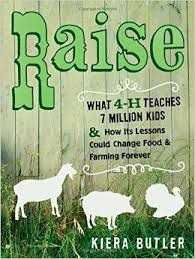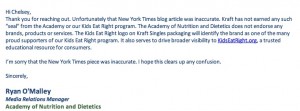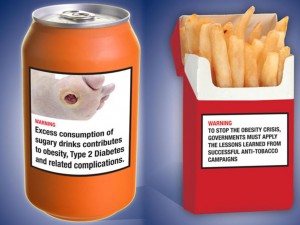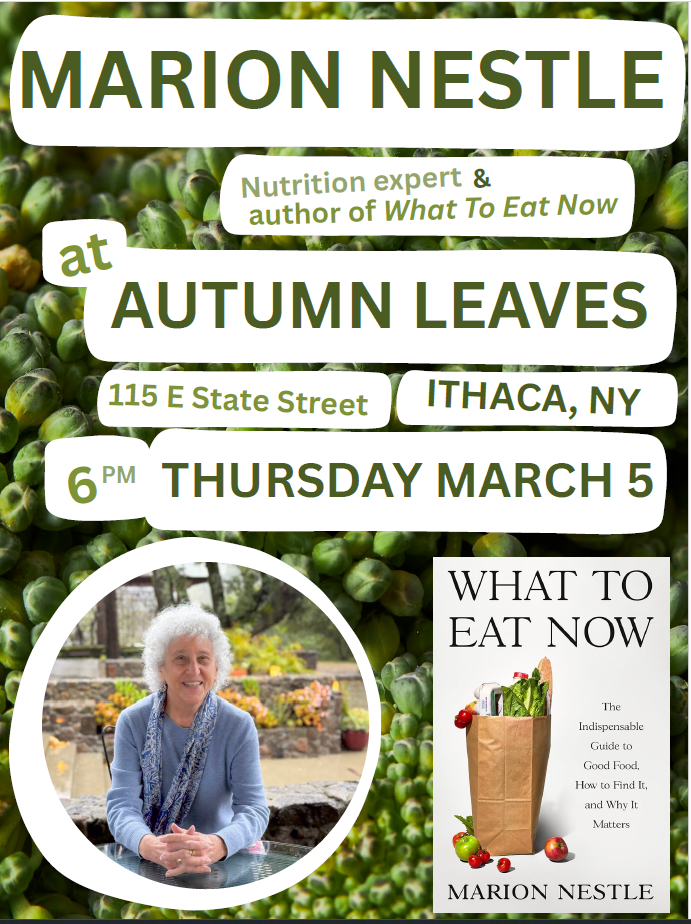WHO’s cancer working group: Roundup is “probably a human carcinogen”
The WHO’s International Agency for Research on Cancer (IARC) has just published a report from 17 experts from 11 countries who concluded that glyphosate (“Roundup”) is “probably carcinogenic to humans.”
The IARC Working Group found evidence that
Case-control studies of occupational exposure in the USA, Canada, and Sweden reported increased risks for non-Hodgkin lymphoma that persisted after adjustment for other pesticides…In male CD-1 mice, glyphosate induced a positive trend in the incidence of a rare tumour, renal tubule carcinoma. A second study reported a positive trend for haemangiosarcoma in male mice. Glyphosate increased pancreatic islet-cell adenoma in male rats in two studies. A glyphosate formulation promoted skin tumours in an initiation-promotion study in mice.
Glyphosate has been detected in the blood and urine of agricultural workers, indicating absorption. Soil microbes degrade glyphosate to aminomethylphosphoric acid (AMPA). Blood AMPA detection after poisonings suggests intestinal microbial metabolism in humans. Glyphosate and glyphosate formulations induced DNA and chromosomal damage in mammals, and in human and animal cells in vitro. One study reported increases in blood markers of chromosomal damage (micronuclei) in residents of several communities after spraying of glyphosate formulations. Bacterial mutagenesis tests were negative. Glyphosate, glyphosate formulations, and AMPA induced oxidative stress in rodents and in vitro.
Organophosphate pesticides and herbicides have long been known to be toxic to mammals, but experts have been undecided about whether they cause cancer.
Glyphosate is the herbicide used in conjunction with glyphosate-resistant genetically modified crops. These are widely planted in the United States (HT means herbicide tolerant).

In addition to causing widespread selection of resistant weeds, glyphosate may also cause cancer.
Add this to the list of scientific reasons for concern about widespread production of GMO crops. Roundup is used on plants other than GMOs, but GMO corn, cotton, and soybeans use the most.
Note: The FDA has just approved new varieties of GMO apples and potatoes. These do not use Roundup.
Next: watch Monsanto, the maker of Roundup, attempt to cast doubt on IARC’s scientific judgment.
Addition, March 22: As an example of the level of the general discussion of GMOs and glyphosate, see this short video clip from French TV (in English) with Patrick Moore. Mr. Moore, a former director of Greenpeace, has controversial views on climate change and GMOs.
Additions, March 23:
DTN/The Progressive Farmer quotes a Biotechnology Industry Organization representative as pointing out that IARC took the Séralini study seriously, immediately casting doubt on the quality of its literature review (but I can’t find any mention of this study in the IARC report).
Center for Science in the Public Interest urges the EPA to take this seriously.
Consumer Reports is concerned about the vast amounts of glyphosate used and thinks the government should monitor it.




 As the Times understates the matter,
As the Times understates the matter,


